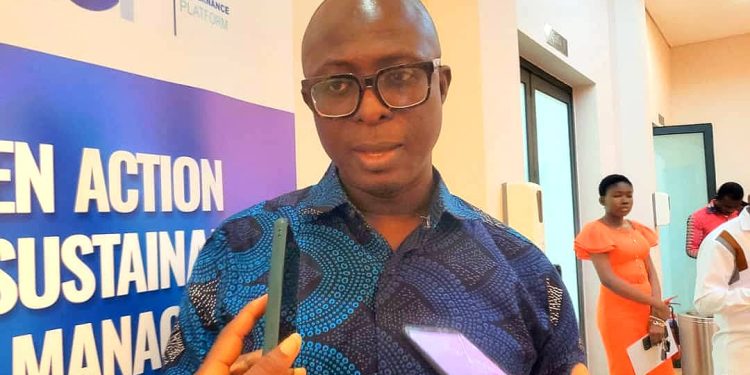24-Hour Economy Framework More Targeted Than Past Policies – EGP Coordinator
Coordinator of the Economic Governance Platform (EGP), Abdul Karim Mohammed, has lauded the design of Ghana’s proposed 24-hour economy programme, describing it as more focused and deliberate compared to past development initiatives such as the One District, One Factory (1D1F) policy.
Speaking during the NorvanReports and EGP-hosted X Space discussion titled “Beyond the Slogans: Will the 24-Hour Economy Fix Ghana’s Broken Systems?”, Mr Mohammed acknowledged the comprehensive planning that has gone into the 24-hour economy blueprint.
“I think for one thing that we can credit those behind the 24-hour economy program [for] is the thoroughness with which they have looked at the issues and formulated the program, at least as it’s spelled out in the document so far,” he stated.
While commending the clarity of the policy’s focus, particularly its identification of specific sectors and subsectors, Mr Mohammed cautioned against the country’s tendency toward “sloganeering,” where well-articulated plans fail at the implementation stage.
Referencing past policy failures such as Vision 2020 and the 1D1F initiative, he noted, “We have done this for so many years… and it’s sad to say we have become experts in sloganeering.” He pointed out that unlike 1D1F, which lacked a coherent targeting strategy and spread itself thinly, the 24-hour economy policy appears more structured in scope.
“Here we have a very focused kind of program. So I think that is a very positive aspect of it. But that is not enough,” he added.
Mr Mohammed stressed that successful implementation would depend heavily on citizen participation and accountability, not just policy design.
“Development is about people. And if this is to serve our interests… we as a citizenry have to take serious interest in how it is rolled out so that it does not suffer the ills of its predecessors,” he said.
He further highlighted a critical gap in the policy’s framework, which is the lack of a defined monitoring and evaluation (M&E) system.
“We don’t seem to have a monitoring framework for which to assess the progress of the implementation of the 24-hour program,” he observed, adding that clear benchmarks, timelines, and performance indicators are necessary for tracking progress and ensuring accountability.
For the programme to move beyond being another “beautiful document,” Mr Mohammed concluded, it must be guided by measurable milestones that allow for transparency, public engagement, and correction.









